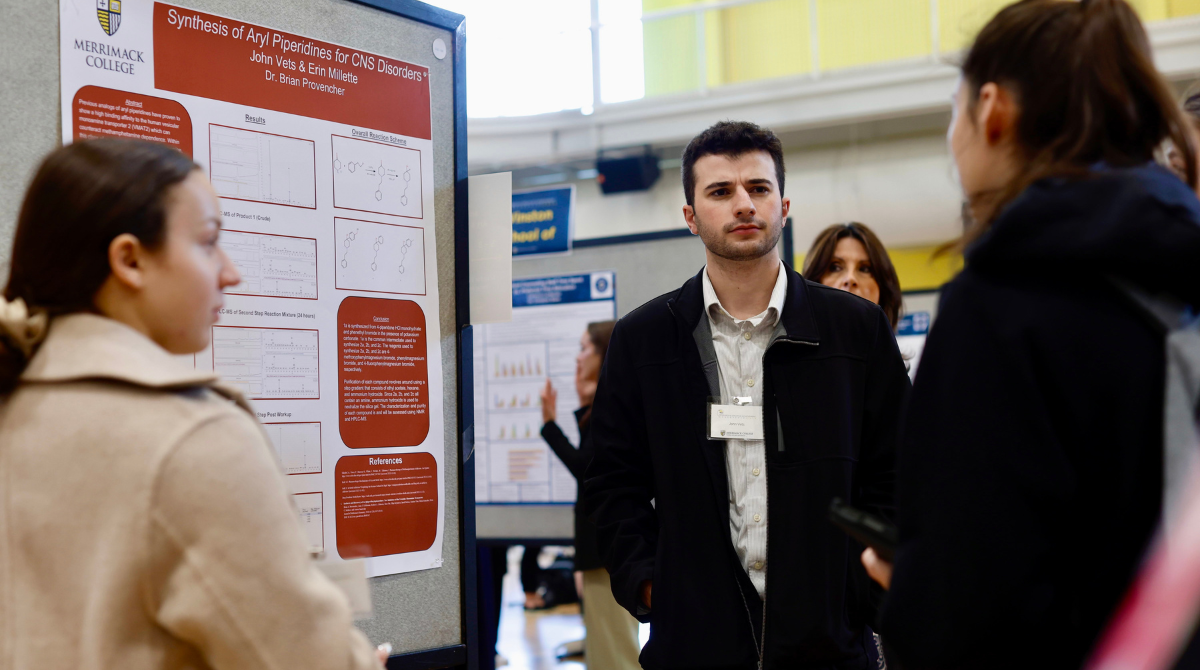Criminology & Criminal Justice Faculty Research
Review recent research from the criminology & criminal justice faculty at Merrimack College.
Dr. Brittnie Aiello
Incarcerated mothers face a role conflict rooted in separation from children. Little research has examined how incarcerated mothers perceive, give meaning to and negotiate caregiver relationships. Drawing on interviews with 83 mothers in a county jail, we find that the mothers experienced ‘ambivalent gratitude’: they were grateful to caregivers for caring for their children and helping them stay connected during incarceration, but often felt shut out from day-to-day caregiving and/or felt disrespected or replaced by caregivers in the eyes of their children. This ‘ambivalent gratitude’ elicited conflicted feelings towards the caregivers, undermining both their self-integrity and their identities as mothers.
Authors: Brittnie Aiello, Krista McQueeney
Dr. Alyssa Yetter
Despite robust bodies of literature documenting that both mothers’ intimate partner violence (IPV) victimization and mothers’ mental health are consequential for children’s behavioral functioning, the conjunction of these two risk factors is less understood. Findings are mixed as to whether mental health mediates the effect of IPV on behavioral functioning. Such mixed findings may result from literature primarily examining samples selected from clinical, shelter, or intervention settings. Furthermore, few studies have expanded the literature to assess moderation, rather than mediation, effects. While mediation analysis tests whether behavioral problems result from mothers’ IPV because IPV increases depression, moderation analysis instead tests whether mother’s IPV victimization has a different impact for their children based on whether or not the mother is also experiencing depression.

